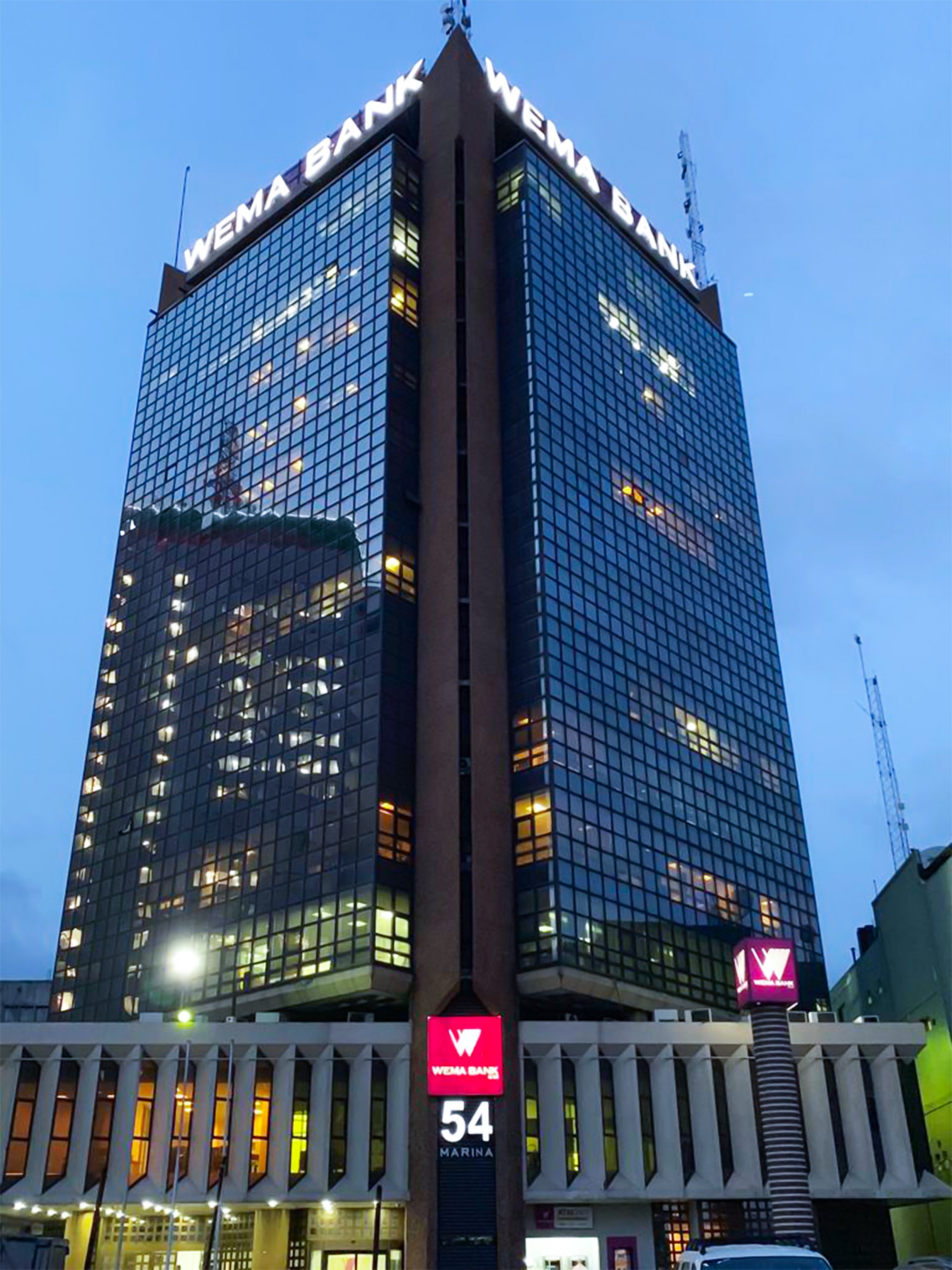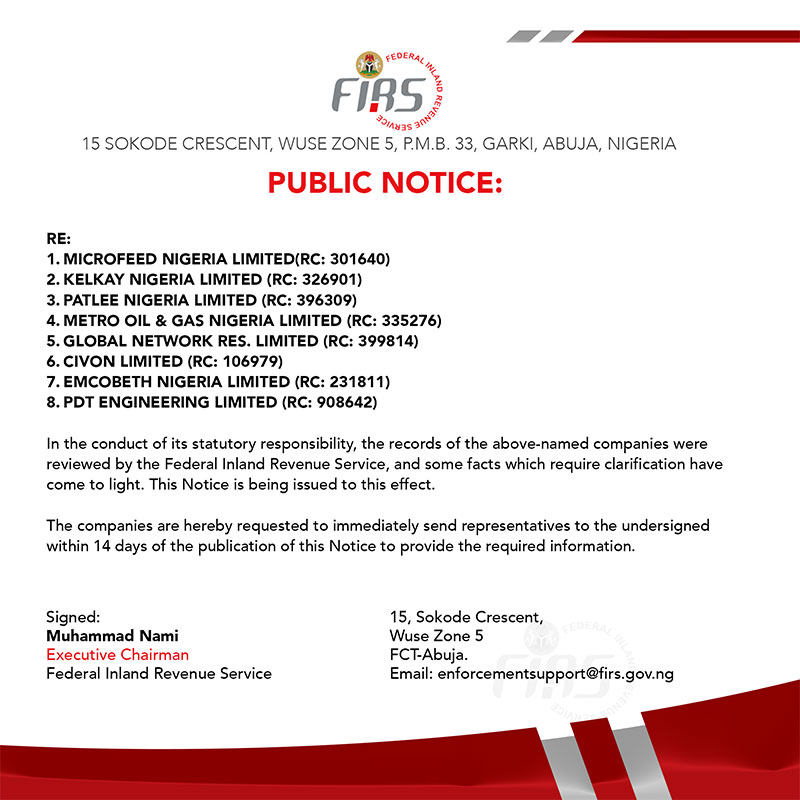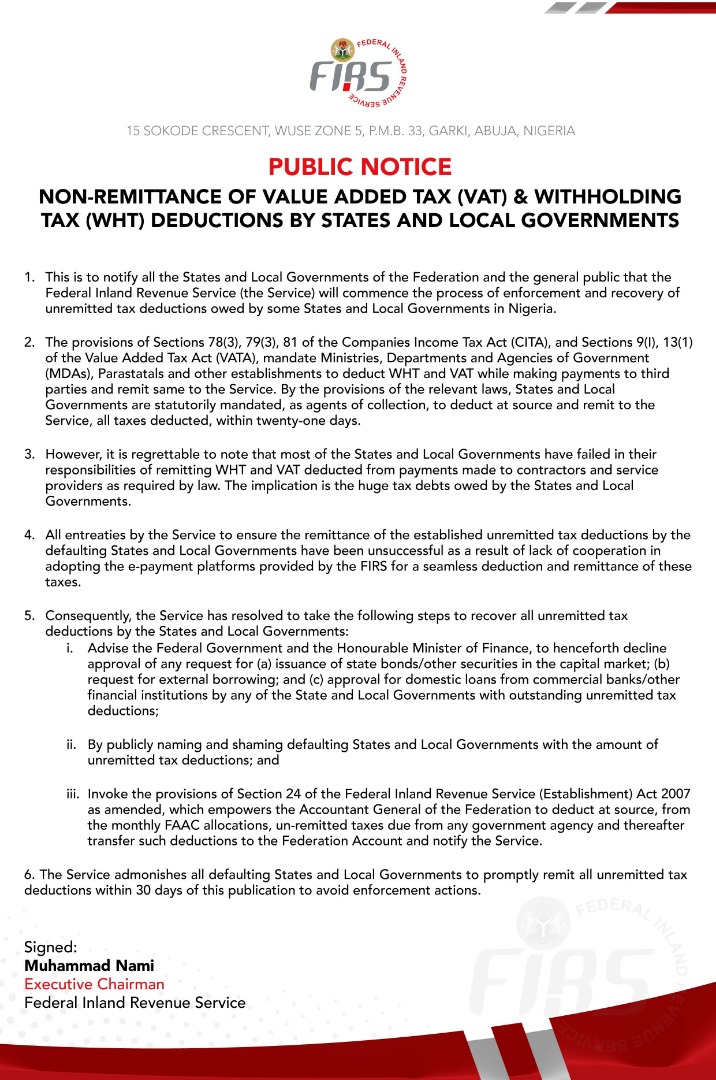The Lagos Chamber of Commerce and Industry (LCCI) has accused the Nigeria Customs Service (NCS) of abandoning its role of trade facilitation role in the pursuit of revenue targets.
Director-General, LCCI, Dr Muda Yusuf, stated this in a release made available to Journalists on Sunday. He called for urgent reform of the Service, noting that the current processes and procedures for the clearance of cargo at the ports are hurting investors and adversely affecting economic recovery efforts.
Yusuf stated: “The situation calls for urgent intervention and reforms of the Nigerian Customs service. There are issues of undue delays, weak application of technology, arbitrariness in valuation, impunity, the uncertainty of international trade transactions, cost escalation, negative investment climate perception, ineffective mode of seeking redress, pervasive human interface, among others.
“The business community is compelled to interface with too many units of the Nigerian customs service and other government agencies which makes doing business extremely difficult and frustrating. It also predisposes the system to brazen extortionist practices.
“These units include the Pre-Arrival Assessment Report [PAAR] office, Valuation units, Examination, Releasing, Unblocking, DC Report, Stamping Unit, Exit Gate, Enforcement, Other government agencies that businesses have to contend with at the ports include NAFDAC, SON, Plant Quarantine, SSS, Police Anti Bomb Squad, and the Port Police.
Outside the ports, importers are confronted with the Federal Operations Unit of the customs, Customs Strike Force, and the Customs Police. Encounters by the private sector with these numerous agencies impose unbearable burden on importers and investors in terms of costs, time, and the bureaucracy.”
He further said: “The trade facilitation role of the NCS has been practically jettisoned in pursuit of revenue targets. This disposition is impacting negatively on investors. There are too many queries on imports emanating from diverse sources and too many discretionary powers exercised by customs operatives in valuation and classification decisions.
“The frustrations of Importers are compounded by the clumsy, long-winded, bureaucratic processes for seeking redress. Importers hardly get fair hearing because the customs are the accusers and the judge. A fair, just, speedy appeal process is most urgently needed to save the private sector from the tyranny of the NCS.”
The LCCI DG added that it is imperative for the federal government to urgently domesticate the WTO Trade Facilitation Agreement to which Nigeria is a signatory. Nigeria ratified on 16th January 2017.






























